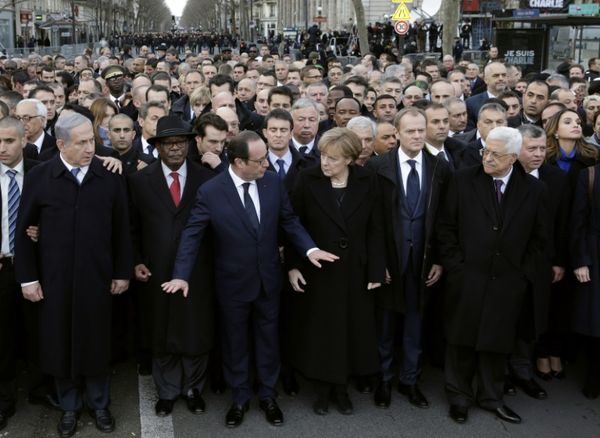
Carvana undoubtedly is facing the biggest crisis in its 10 years of existence.
For several weeks now the online car dealership has been the subject of speculation about its financial condition and the prospect of a bankruptcy filing.
The private-equity firm Apollo Global Management (APO) and Pacific Investment Management, known as Pimco, signed a pact to join negotiations with the company in order to recover their investments. They are part of a group of funds holding about $4 billion of Carvana's unsecured debt.
Carvana’s $3.3 billion bond due in 2030 trades at roughly 42 cents, down from 79 cents at the start of the year, according to Bloomberg News.
The duration of this pact is three months, which suggests that these funds are convinced that the company, which aimed to revolutionize the way used cars are purchased, will be in default very soon.
With Carvana (CVNA) bonds below 50 cents on the dollar, investors signal that the probability that the company does not meet its obligations is high.
This information was followed by a severe note from Wedbush analyst Seth Basham, who cut his target price on the stock by 89% to $1.
'We Have Substantial Liquidity'
"These developments indicate a higher likelihood of debt restructuring that could leave the equity worthless in a bankruptcy scenario, or highly diluted in a best case," Basham said.
A few days earlier, it was another analyst who played the Cassandra.
"We now believe that without a cash infusion, Carvana is likely to run out of cash by the end of 2023," Bank of America Securities' Nat Schindler wrote in a note to his clients on Nov. 30.
"There is no indication yet of a potential cash infusion, for example from the Garcia family" -- Chairman and CEO Ernie Garcia and his father -- "and it is impossible to predict if and when that would occur.”
In the face of the pessimism surrounding the company, Carvana assures investors and analysts that it does not want to raise new capital and has enough cash to finance its operations.
"Carvana is not involved in any cooperative agreement amongst bondholders, and we will not be addressing any questions that arise from actions taken by such bondholders," a spokesperson told TheStreet in an email statement.
The spokesperson added: "Our message to our customers, shareholders, employees and other stakeholders remains clear: We are singularly focused on executing on the plan to profitability outlined in our Q3 shareholder letter.
"And we have substantial liquidity to get us there. In no way does today’s news change that strategy."
On Nov. 3, during the company's third-quarter-earnings call with analysts, Garcia ruled out the option of raising capital.
"Our goals are going to be on driving down expenses and trying to get positive Ebitda as quickly as we can," the CEO told analysts.
"We've got a bunch of committed liquidity. We've got a bunch of real estate. And I think that we feel like that puts us in a good position to ride out this storm. And we're making great moves inside the company."

Carvana Stock Is Down 98%
Ebitda refers to earnings before interest, taxes, depreciation and amortization, which helps investors gauge a company's financial health. Adjusted Ebitda-margin loss increased by 6.2% in the third quarter.
The company has between $6 billion and $7 billion in debt net of the cash on the balance sheet, according to FactSet.
Carvana is drastically slashing costs to slow the bleeding: After cutting 2,500 jobs in May, the company recently announced an additional 8% cut in the workforce, or 1,500 employees.
Whether these measures will suffice is uncertain. During Dec. 7 trading Carvana shares lost nearly 43% to $3.83. Since January, the stock of the group, which was founded in 2012 and is headquartered in Tempe, Ariz., is down 98%.
The company is notably facing the aggressive interest rate increases the Federal Reserve put in place to fight inflation. The rate rise is a double whammy for Carvana. It increases the cost of credit for consumers wanting to buy a vehicle and it also increases borrowing costs for businesses wanting to invest.
High interest rates are bad for Carvana, as the group has a lot of debt. Refinancing this debt in this environment will significantly increase its interest payments.
The company burned more than $1 billion in cash in the first three quarters of the year.







